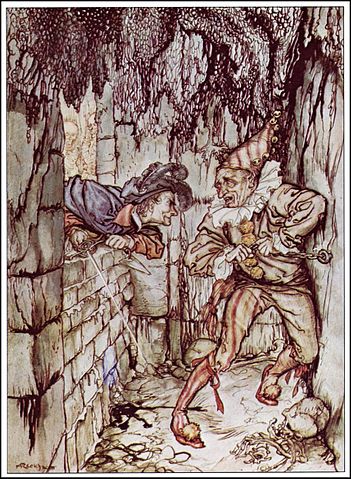
obstaculous
adj. of the nature of an obstacle
sufflaminate
v. to put an obstacle in the way of; to obstruct
intermure
v. to enclose between walls, to wall in
circummure
v. to wall round

obstaculous
adj. of the nature of an obstacle
sufflaminate
v. to put an obstacle in the way of; to obstruct
intermure
v. to enclose between walls, to wall in
circummure
v. to wall round
In Ward v. Ward, a North Carolina court’s entire finding rested on the presence of a single comma. The will of Alvin T. Ward read:
My Trustee is directed to pay such amounts of and from the income generated by said trust, and from the principal of said trust if he deems same to be advisable, to, for, or on account of my said wife in quarterly installments or more frequently if he deems advisable and if practicable.
Is the trustee required to pay the income to Ward’s wife, or can he use his discretion? The income payments are required, ruled the court: The comma after “said trust” shows that only the distribution of the principal is left to the trustee’s judgment.
In Henderson v. State, Jacob Henderson’s 1984 burglary conviction in Mississippi was reversed in part because of a misplaced period:
The Grand Jurors for the State of Mississippi, … upon their oaths present: That Jacob Henderson … on the 15th day of May, A.D., 1982.
This is a “non-sentence,” noted the court. “The unmistakable period after 1982 is used by astute defense counsel to nail down the point — that the indictment fails to charge that Jacob Henderson did anything on May 15, 1982.” (This whole indictment is a notorious trainwreck.)
And in People v. Vasquez, a New York court disregarded an affidavit and dismissed a complaint because a misplaced comma made it unclear whether a key affidavit was hearsay:
“It may be that the confusion [about the affidavit] arises from the typographical error of placing a comma before the expression ‘upon information and belief,'” wrote the court. “Had the comma not existed, the entire expression ‘and that the assertion upon information and belief’ would have referred back to the earlier mentioned accusatory instruments so as to render the affidavit non-hearsay.”
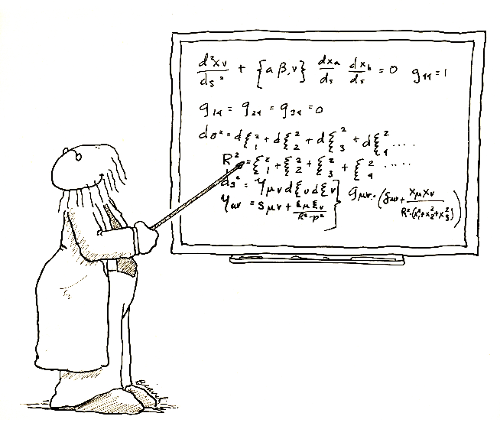
doctiloquent
adj. speaking learnedly
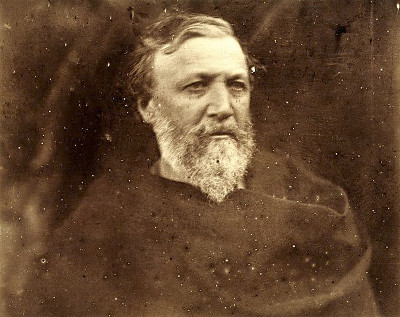
Robert Browning’s 1841 verse drama Pippa Passes, source of the famous lines “God’s in His heaven — All’s right with the world,” ends on a strange note:
But at night, brother Howlet, far over the woods,
Toll the world to thy chantry;
Sing to the bats’ sleek sisterhoods
Full complines with gallantry:
Then, owls and bats, cowls and twats,
Monks and nuns, in a cloister’s moods,
Adjourn to the oak-stump pantry!
When the editors of the Oxford English Dictionary inquired delicately how Browning had settled on the word twats, the poet indicated a 1660 rhyme called “Vanity of Vanities”: “They talk’t of his having a Cardinall’s Hat/They’d send him as soon an Old Nun’s Twat.” There the word had been intended as a dismissive insult, but Browning had taken it seriously. Today’s OED still cites Browning’s usage, noting that he’d used the word “erroneously” “under the impression that it denoted some part of a nun’s attire.”
Editor James A.H. Murray later complained, “Browning constantly used words without regard to their proper meaning. He has added greatly to the difficulties of the Dictionary.”

grandinous
adj. full of hail
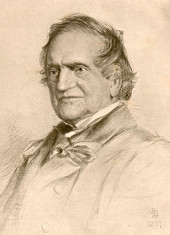
From a letter from Adam Sedgwick to his niece Fanny Hicks, July 23, 1846:
The miserable damp weather made me rheumatic and low-spirited, so I nursed one day in Carnarvon and then drove to Pwllheli. What a charming name! In order to pronounce the first part (Pwll), you must blow out your cheeks just as you do when puffing at a very obstinate candle; then you must rapidly and cunningly put your tongue to the roof of your mouth behind the fore teeth, and blow hard between your cheeks and your tongue, holding your tongue quite steady all the while, as a man does a spade just before he is going to give it a good thrust with his right foot. With such a beautiful direction you cannot fail to pronounce Pwll quite like a genuine Celt. Should the word be Bwlch, take care to observe the previous directions, only, in addition, while the wind is whistling between your rigid tongue (sticking forwards spade-fashion), and your distended cheeks, contrive by way of a finale to give a noise with your throat such as you make when an intrusive fishbone is sticking in it.
He added, “If you put off writing for a day or two, why then address me at Post Office, Machynlleth, North Wales. … yn is sounded as the grunt given by a broken-winded pavier.”
pseudery
n. intellectual or social pretension or affectation; pseudo-intellectual speech, writing, debate, etc.
literose
adj. pretentiously or affectedly literary
morosoph
n. a learned fool

O to scuttle from the battle and to settle on an atoll far from brutal mortal neath a wattle portal!
To keep little mottled cattle and to whittle down one’s chattels and not hurtle after brittle yellow metal!
To listen, non-committal, to the anecdotal local tittle-tattle on a settle round the kettle,
Never startled by a rattle more than betel-nuts a-prattle or the myrtle-petals’ subtle throttled chortle!
But I’ll bet that what’ll happen if you footle round an atoll is you’ll get in rotten fettle living totally on turtle, nettles, cuttle-fish or beetles, victuals fatal to the natal élan-vital,
And hit the bottle.
I guess I’d settle
For somewhere ethical and practical like Bootle.
— Justin Richardson
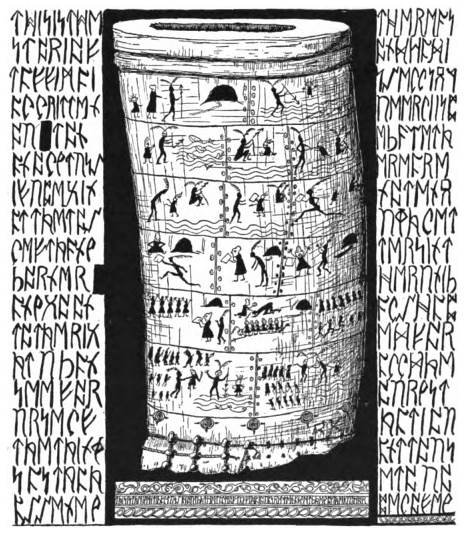
In illustrating his Just So Stories, Rudyard Kipling hid messages in the runic characters accompanying some drawings. The tusk above illustrates “How the First Letter Was Written”:
Left side: “This is the stori of Taffimai all ritten out on an old tusk. If u begin at the top left hand corner and go on to the right u can see for urself things as the happened.”
Right side: “The reason that I spell so queerli is becase there are not enough letters in the Runic alphabet for all the ourds that I ouant to use to u o beloved.”
Bottom (barely visible here): “This is the identical tusk on ouich the tale of Taffimai was ritten and etched bi the author.”
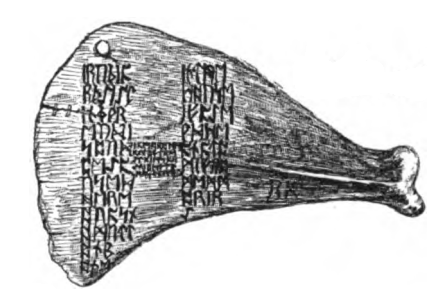
The initial “H” at the start of the “Cat That Walked by Himself” hides another message using the same characters: “I, Rudiard Kipling, drew this, but because there was no mutton bone in the house I faked the anatomi from memori.”
“Are these really Runic letters or just an alphabet that Kipling made up for fun?” asked Maj. B.J. Bewley in the Kipling Journal in January 1928. “I think the chief interest lies in the almost boyish pleasure the author plainly took in writing in these strange characters. He must have done it entirely for his own amusement.”
What’s unusual about this limerick?
There was a young lady of Riga,
Who went for a ride on a tiger,
They came back from their ride
With the lady inside
And a smile on the face of the tiger.
It remains a limerick when translated into Latin:
Puella Rigensis ridebat,
Quam tigris in tergo vehebat,
Externa profecta
Interna revecta,
Risusque cum tigre manebat.
Ronald Knox found that the same is true of this one:
There was a young man of Devizes,
Whose ears were of different sizes;
The one that was small
Was no use at all,
But the other won several prizes.
Visas erat; huic geminarum
Dispar modus auricularum:
Minor haec nihili;
Palma triplici
Iam fecerat altera clarum.